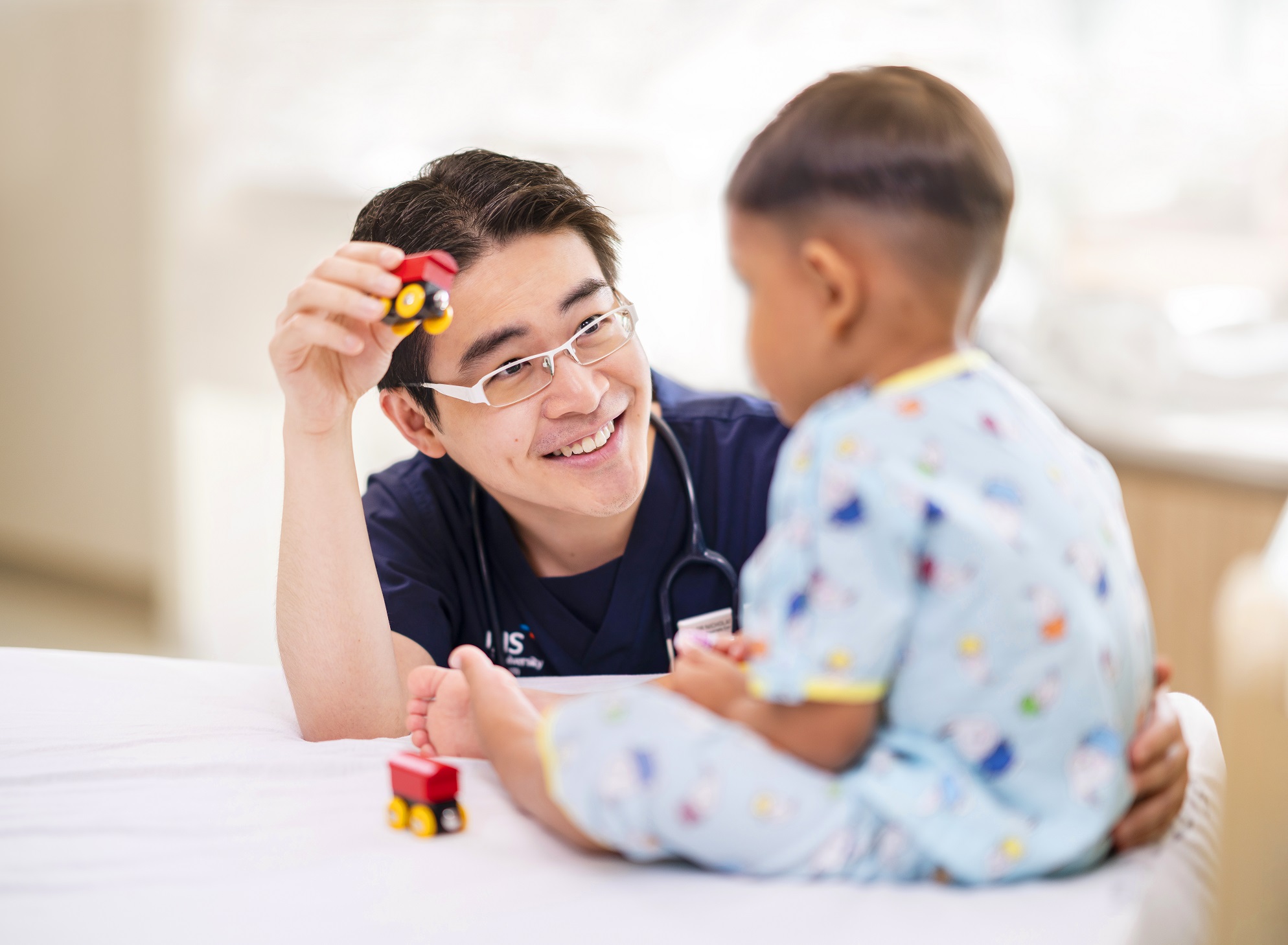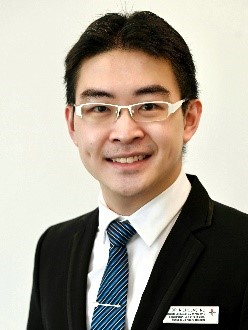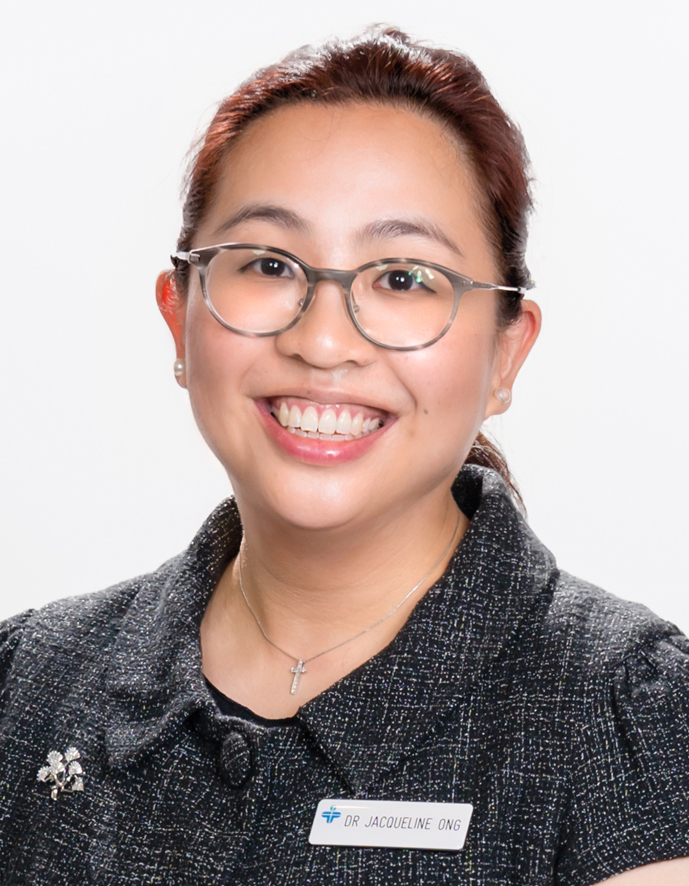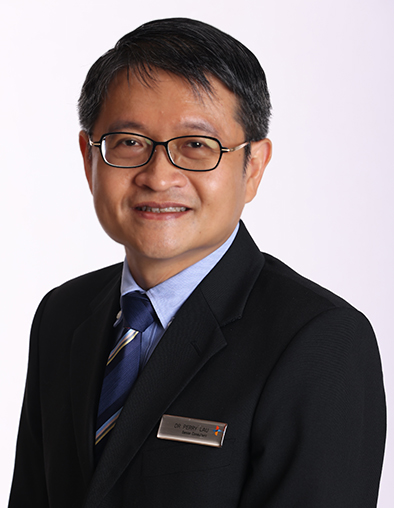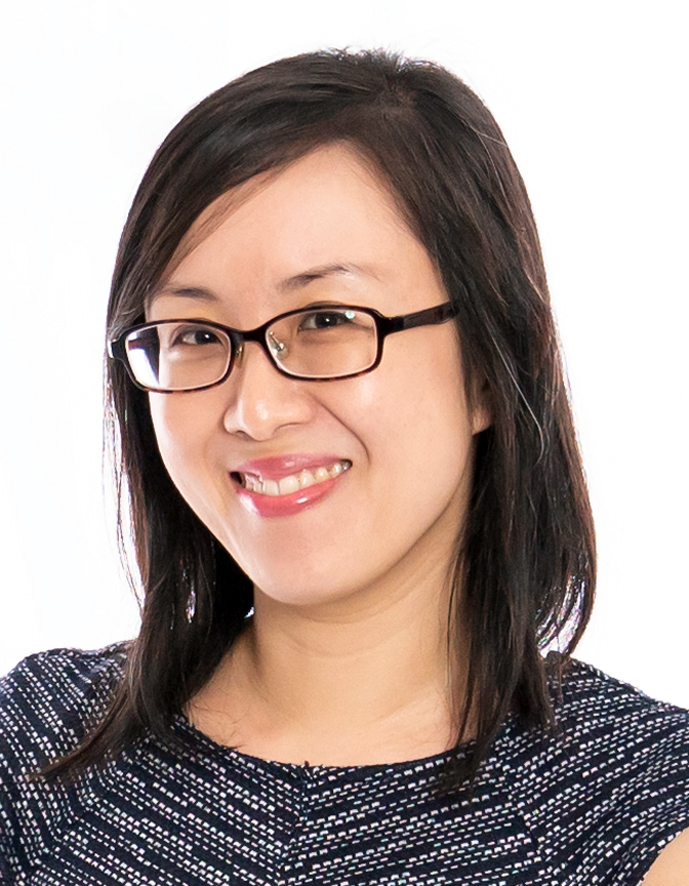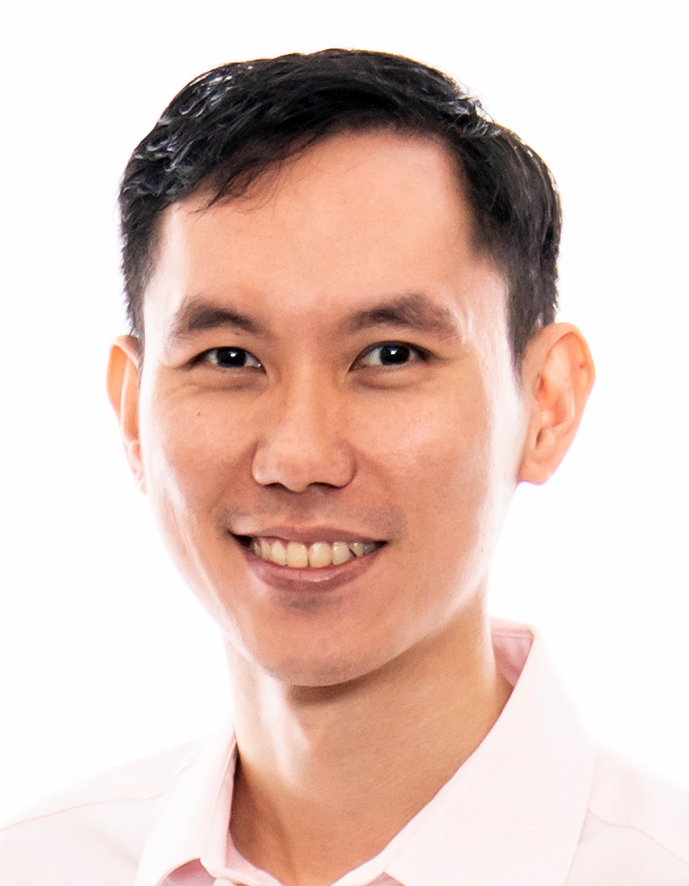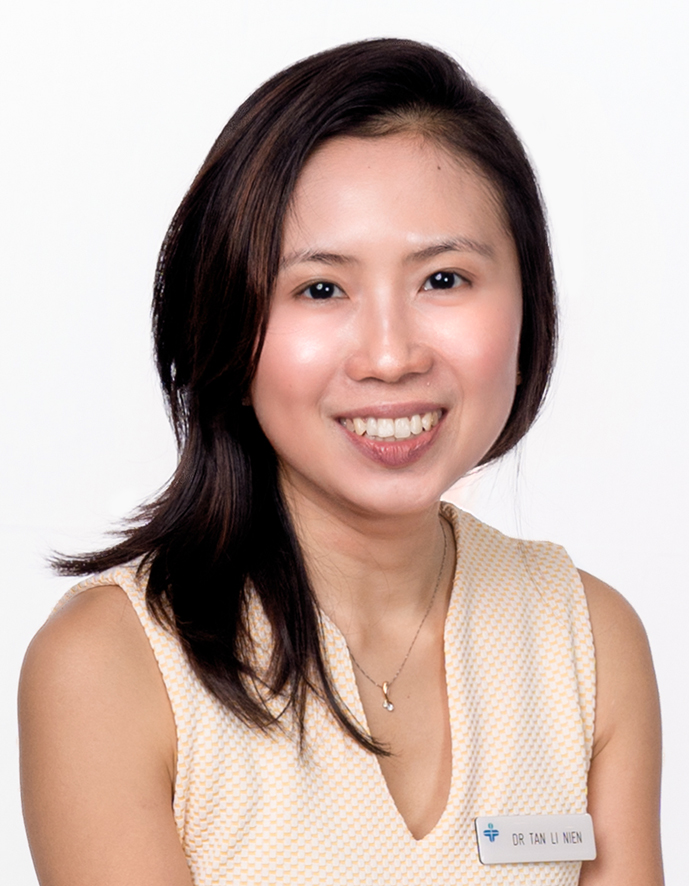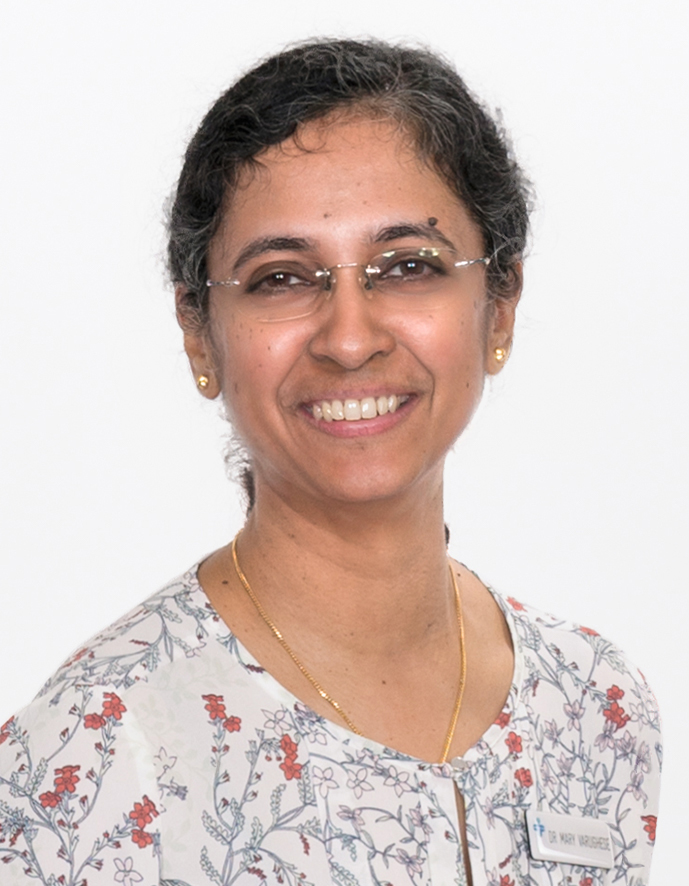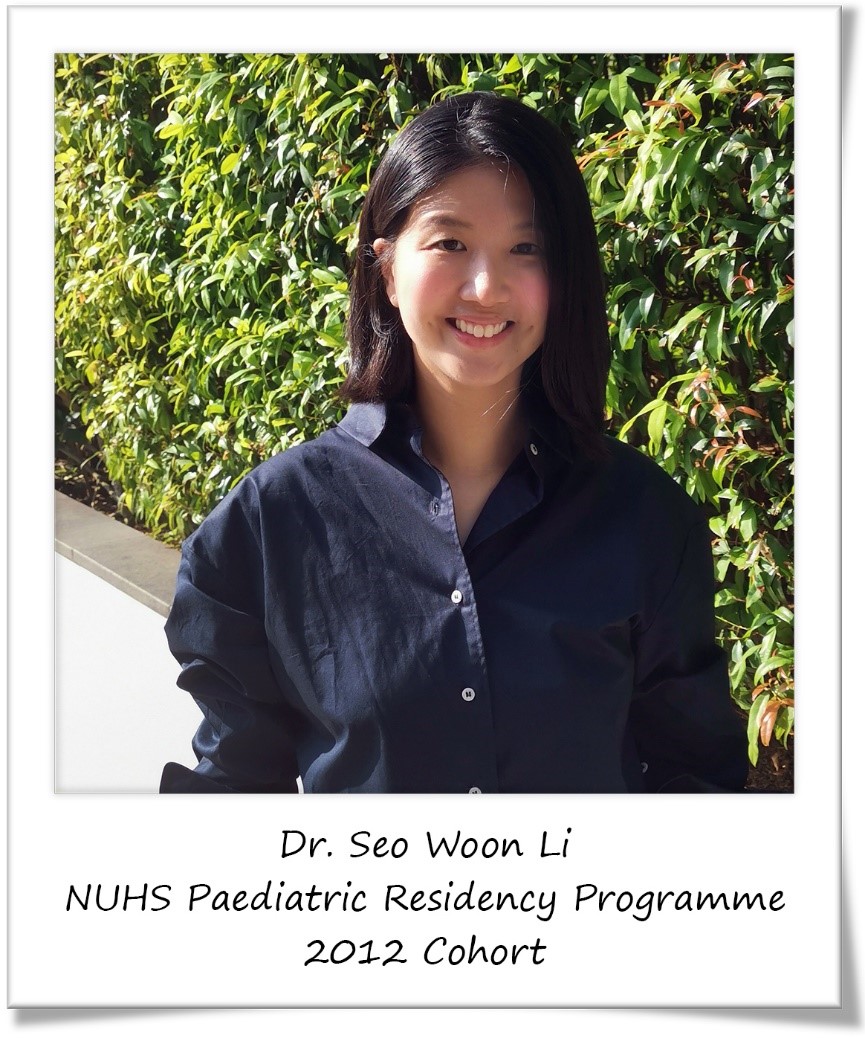
Dr Seo Woon Li, NUHS Paediatric Residency Programme, 2012 Cohort
"We achieve only because we stand on the shoulders of giants- this could not speak more truth about our residency journey.
Back then, barely out of medical school, having to choose a sponsoring institution and a residency programme was just that bit daunting. Without actual work experience, how would I know if I was a good fit for NUHS Paediatrics?
In all honesty, there was a little blind faith. But much of the decision was influenced by my experience as a medical student receiving lectures and tutorials from the faculty, then as a student intern bumbling about with the night call team trying not to be their stumbling block.
Eminent yet unassuming, knowledgeable and dedicated would be how I would describe the faculty. You would think that an illustrious list of achievements would make a faculty unapproachable, yet the truth could not be further from that. As a student, intern, young resident, and then a graduate and now a consultant in my own right, the same faculty served as the family of this second home. We grew under their wings whilst they guided us as we found footing in this demanding yet tremendously fulfilling specialty.
I would go so far as to say that I do not hesitate to regard many of the faculty, once professors, mentors, and teachers, now as friends. We bond over food and coffee, apart from shared experiences in caring for the sick.
The nurturing culture runs deep in this family, as residents themselves become tutors and mentors to the younger. Most of all, we become friends. Working with friends, rather than with people you regard as colleagues, makes a night resuscitation, a challenging procedure on a fragile kid, or a mentally gruelling management of a complex medical condition not just bearable, but fulfilling.
Looking back, was I a good fit for the residency programme?
Someone who loves children, who would not hesitate to sacrifice a little of themselves for others, and who enjoys a little challenge would find joy in these six-odd years. More than that, the programme, faculty and coordinators grew with and found the best in me. So that beyond graduation, the giants whose shoulders we stand on become someone who we begin to try to be. "
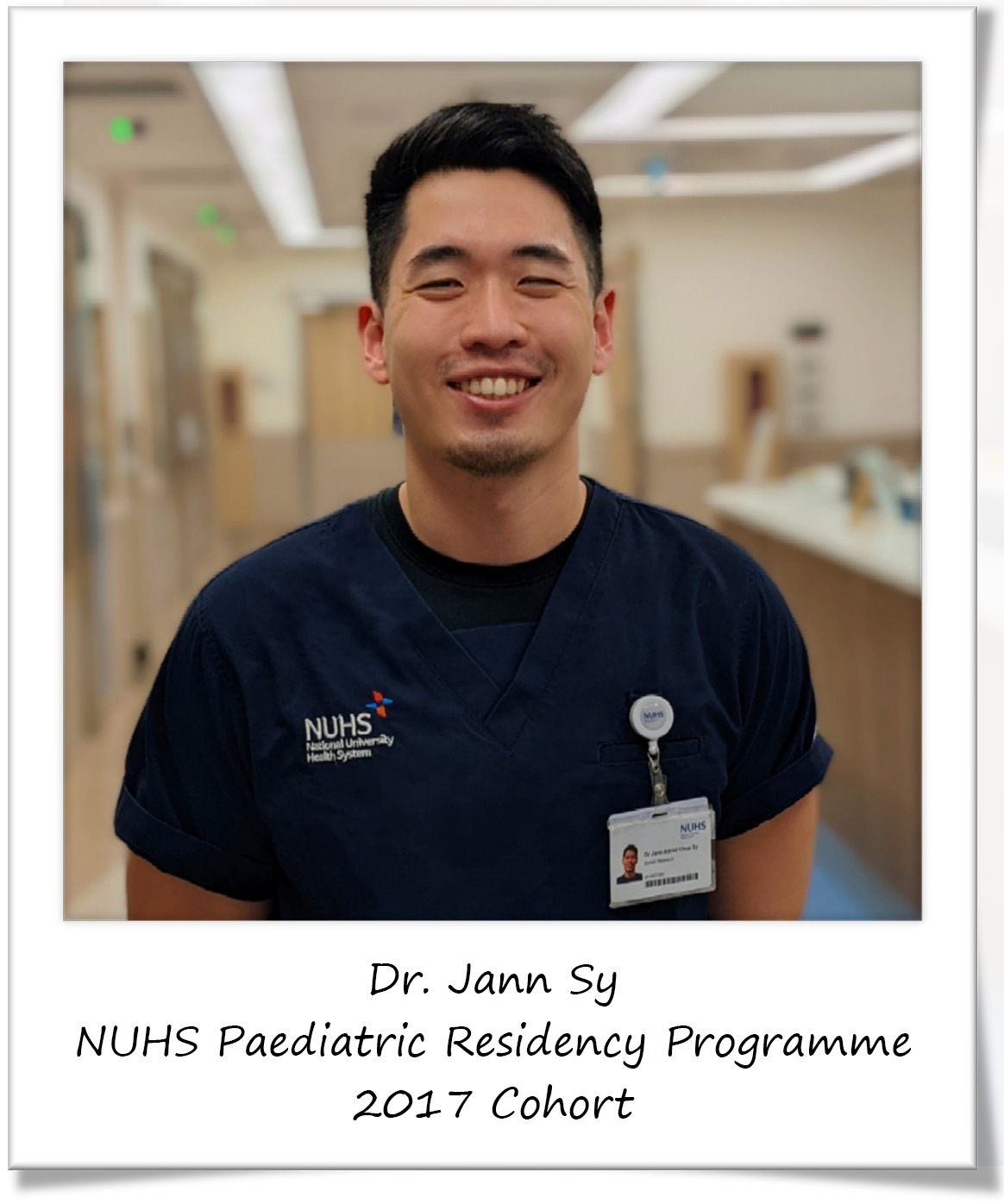
Dr Jann Sy, NUHS Paediatric Residency Programme, 2017 Cohort
"Joining the NUHS Paediatric Residency Programme has given me opportunities to expand my clinical acumen, work closely with medical educators and train at the forefront translational research.
Working in a tertiary hospital, I regularly manage not only general paediatric patients who are admitted for common conditions such as respiratory or gastrointestinal infections, eczema, or asthma, but I also help in the management of complex patients who require high level care such as transplant patients (kidney, liver, bone marrow), and patients with rare conditions from each Paediatric subspecialty. Although, it is intimidating to manage these complex patients, I am privileged to work closely with specialists who are open and available for consultation. The department is close-knit and I feel comfortable in making consultations without the apprehension of being reprimanded.
As NUH is the main teaching hospital of the NUS Yong Loo Lin School of Medicine, I also participate in educating the next generation of physicians in various tutorials, formative clinical assessments, and daily ward work. In this programme, I not only have improved my skills as an educator, but also have had the extremely gratifying experience to watch these young budding doctors learn the skills they need to achieve their goals and provide the best care they can to their patients.
Lastly, I also find working in a department that employs cutting-edge technology such as CAR-T-cell therapy, latest advancements in pediatric kidney and liver transplantation very exciting, and there are plenty of opportunities to not only learn from leaders in these fields, but also potentially do research with them.
In all, the list of what the residency programme offers is extensive – from emergency, ambulatory, inpatient, subspecialty to intensive care services and what drew me to NUH Paeds was the close-knit department with excellent training in clinical practice and medical education, a broad patient load from general to complex cases, and potential to do research."
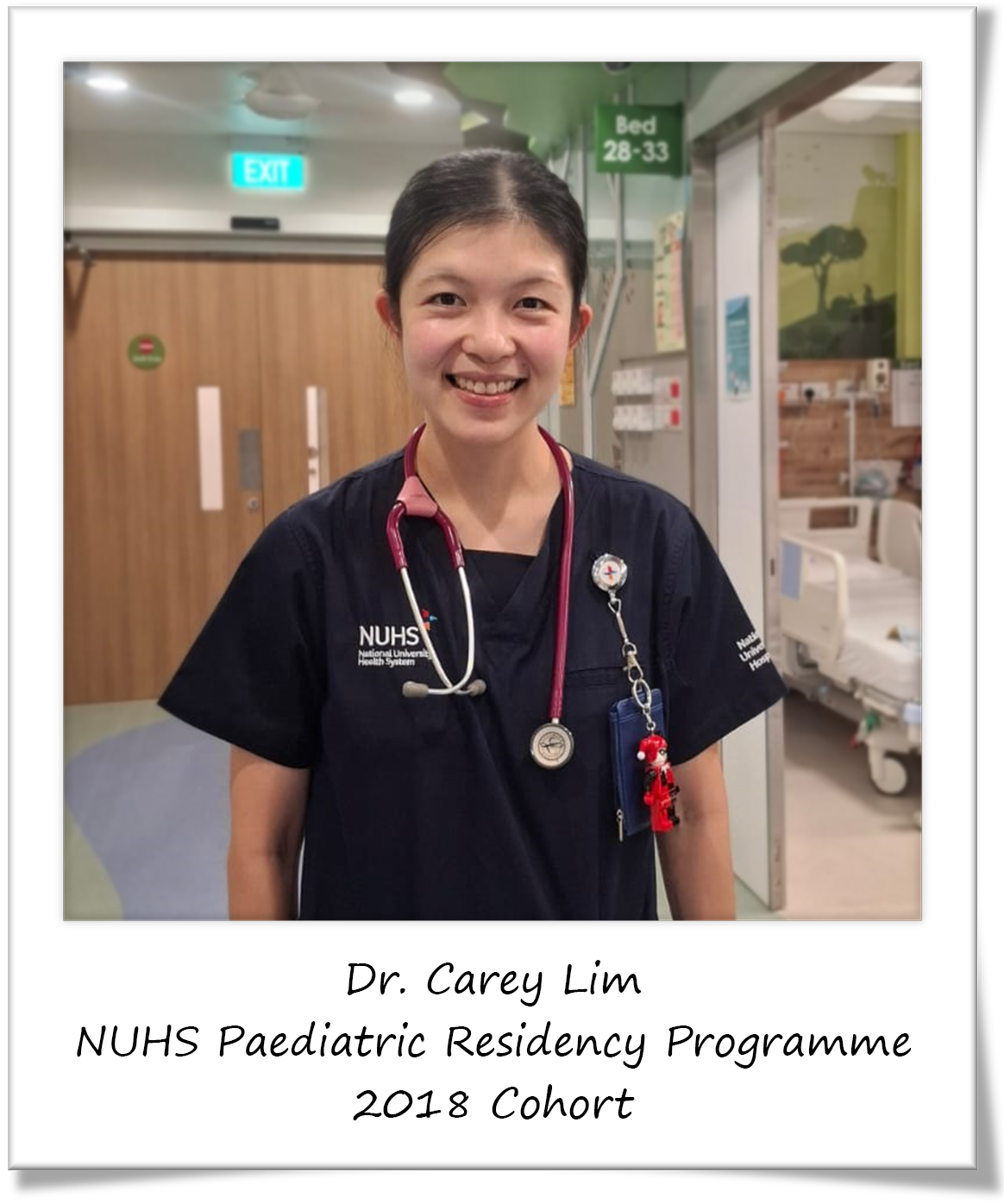
Dr Carey Lim, NUHS Paediatric Residency Programme, 2018 Cohort
"The NUHS Paediatric Residency Programme has shaped me into a compassionate and empathetic physician. From the moment I joined the programme, I had unwavering support from the faculty and learnt in a collaborative learning environment that fostered both professional and personal growth.
I had been inspired by seniors in the department who taught us with much fervour and passion since my medical school days, which motivated me to join the residency programme and further my interest in Paediatrics. There is a strong focus on learning amidst clinical duties, with teachings interspersed throughout our curriculum and work days so as to constantly improve ourselves. We are given the opportunity to rotate through various subspecialties, allowing us to work with diverse patient populations both in the inpatient and outpatient settings, as well as learning the importance of attending to the emotional and social needs of patients and their families.
Our small but closely-knit community allows us to forge lifelong friendships and build a strong sense of camaraderie amongst the residents, who have been an incredible source of support through residency.
Overall, my residency programme has equipped me with skills and knowledge to excel in Paediatrics and has reaffirmed my passion for this specialty. I wholeheartedly recommend the NUHS Paediatric Residency Programme to anyone dedicated to making a meaningful impact in the lives of children and their families."
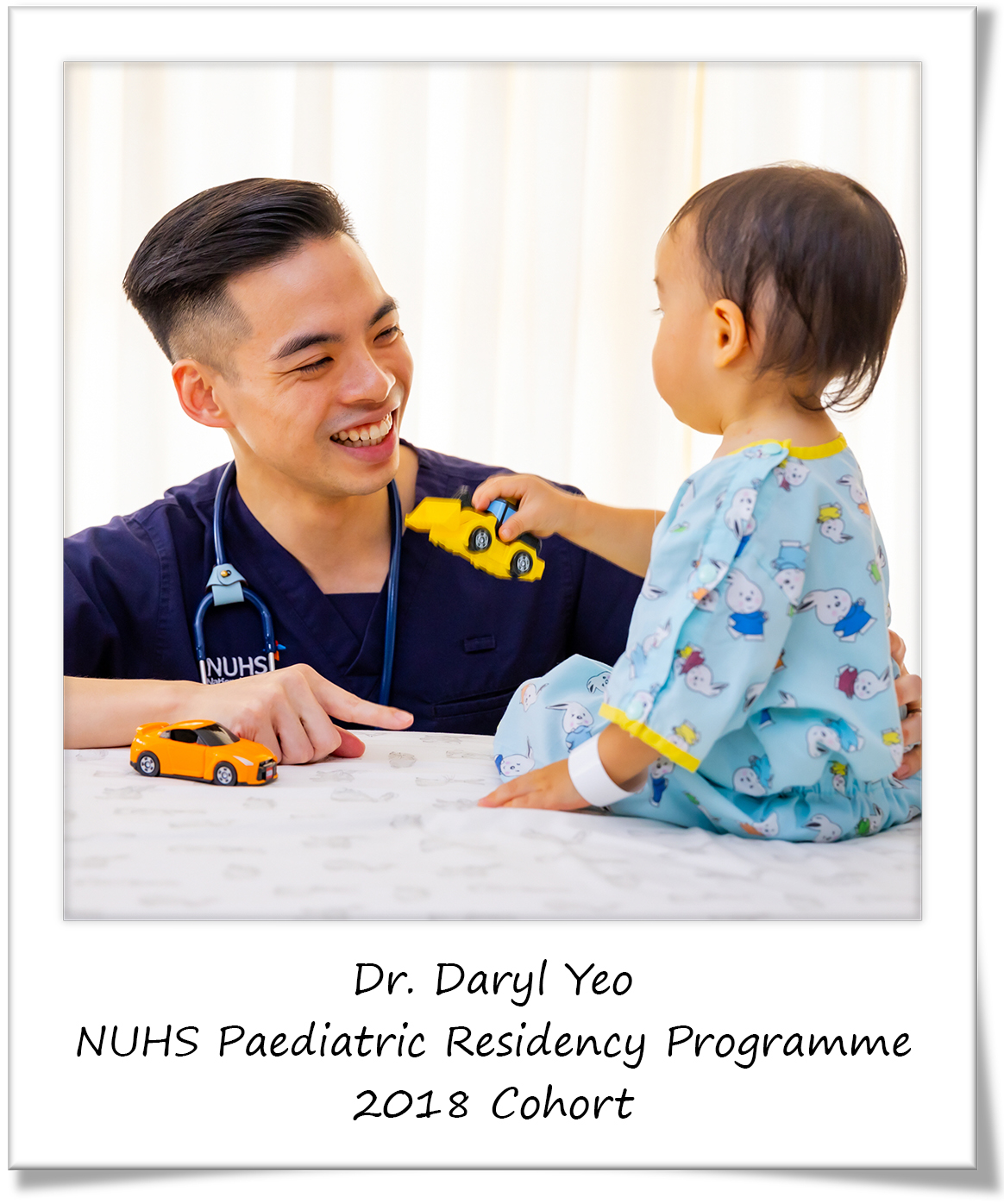
Dr Daryl Yeo, NUHS Paediatric Residency Programme, 2018 Cohort
"Choosing a residency programme is one of the most important decisions in a doctor’s journey, and looking back, I can confidently say that joining the NUHS Paediatric Residency Programme was one of the best choices I’ve ever made. Beyond the rigorous training and clinical excellence, what truly sets this programme apart is its people – a family of mentors, colleagues, and friends who support you every step of the way.
From the start, I was immersed in a learning environment that is both challenging and supportive, where faculty members are genuinely invested in residents' growth, not just as clinicians, but as future leaders in paediatrics. I was fortunate to receive invaluable mentoring that helped me hone my specialty interests and develop procedural skills, ensuring that I could confidently pursue the areas of paediatrics I am most passionate about.
What truly sets this programme apart is its strong sense of teamwork. The culture here is one of collaboration rather than competition, with seniors readily offering guidance and support. Whether tackling complex cases or navigating the demands of residency, I always felt part of a team that valued learning, efficiency, and patient-centred care.
Beyond clinical training, this residency provided me with opportunities to develop other essential skills, such as leadership, education, and teaching. Through initiatives like the Singapore Chief Residency Programme (SCRP), I was able to cultivate leadership skills that will serve me well throughout my career. Additionally, the programme fosters a strong teaching culture, allowing residents to contribute to the education of medical students and junior colleagues.
Despite the inevitable challenges of residency, I never felt alone in this journey. The shared commitment to excellence and patient care creates an environment where residents push each other to improve while also looking out for one another.
This is a place where passion meets purpose, where challenges become stepping stones, and where you will grow into the paediatrician you’ve always aspired to be. If you’re looking for a residency that will challenge you, inspire you, and surround you with people who truly care, this is the place to be."

Dr Tiffany Seah, NUHS Paediatric Residency Programme, 2020 Cohort
"Day in the Life of an NUHS Paediatric Resident
Our day starts at around 7:30 am in the mornings, where we arrive to our cheerfully-decorated wards, coffee and bun in hand. (If you happen to be post-call, your fellow resident might have already texted you earlier, asking for your breakfast order! There’s nothing happier than seeing your friend turn up with breakfast in hand- a reminder that you are loved and thought of, and that call is over!!). The ward team gathers around computers in the morning, reading about new admissions overnight and catching up on the progress of existing admissions. (‘Hooray!! His fever finally came down- he can go home today!’ or ‘Ahhh so many new admissions!!’ pepper the morning air).
At 8am, we log on to zoom for our daily morning teaching sessions. On Mondays, our fellow residents share their learning from an interesting case they encountered, giving the rest of us a chance to glean from their experience. On Tuesdays, we tune into our Intensive Care rounds, where we are updated on the progress of our sickest patients, listening closely as our consultants exchange thoughts on how to improve their outcomes. On Wednesdays, we invite experts (both within and outside of NUH) to share their wisdom on various paediatric topics ranging from managing angsty teenagers to groundbreaking research on novel therapies for defeating childhood cancer. On Thursdays, the radiology department shares with us weird and wonderful X rays and CT scans (sometimes with the most bizarre findings!), giving us tips on how to pick up these findings for ourselves! (On Friday mornings…we get to rest our brains!)
Teaching ends at 9am, after which we begin our morning ward rounds. Residents get the chance to lead ward rounds, updating the consultant on patients and proposing management plans they’d come up with themselves. The consultants then give their input- guiding the resident in his/her clinical reasoning, refining the resident’s management plans and sharing pearls of wisdom from their clinical experience. In this way, the bedside teaching experience is made very rich, as we witness the wisdom shared by our consultants immediately applied in practice to the patient in front of our eyes.
After seeing all the patients (doling out animal stickers and singing Baby Shark along the way) and reassured many an anxious parent, the team then begins to work on our changes for the day. This is when we do blood tests, and finish discharge summaries! Part of our daily excitement on the wards is setting IV lines in chubby babies and flailing children- a whole workout in itself sometimes! It’s always a team effort- senior residents supervise juniors who may be more unfamiliar with the procedure, providing encouragement, moral support and a helping hand whenever it is needed! Everyone cheers with relief when the IV line slides in successfully!
Lunchtime rolls around, and a delicious variety of lunch options is available at the medical centre. Occasionally, a foodie resident will pull out a food delivery app and invite everyone to hop aboard the order, for a bit of a treat. Do not fret if you’re caught up in the ward with a very long patient list and unending changes- just send out an SOS on the residents WhatsApp and you’ll find multiple friends swooping to your rescue. One will help you do bloods, the other will print MCs for your patients, and another will help to buy you lunch. In NUHS, everyone helps everyone, so that everyone gets a chance to eat.
Lunchtime is also when our faculty set aside time to teach us. The topics range from subspecialty teaching in neurology (seizures in children- how to recognize and what to do!), to renal (NUH is the only paediatric dialysis and renal transplant centre in Singapore, and we’re very proud of it!), to general skills such as communication and history taking. Our faculty are amongst the best and brightest paediatricians in the country, and it’s an incredible privilege to be able to glean from their years of experience. Despite being very busy juggling multiple hats such as teaching, research and clinical work, our faculty are wholeheartedly committed to our learning as paediatricians. They intentionally carve time out of their schedules- sometimes even arranging to meet us in evenings or weekends to give us extra tutorials in preparation for our exams. Despite being very eminent in their respective fields (and hence potentially intimidating!), our consultants are ever patient as they answer our many questions (no question is too silly!), filling in our knowledge gaps, and nurturing us into the next generation of paediatricians.
The rest of the afternoon is spent doing exit rounds, checking in on our patients and seeing any new admissions that roll in. Our day usually ends around 5:00 pm, where we handover to the on call team, wish them a hearty “Good luck! Don’t admit so many patients okay!”, and head out of the ward. Our residents enjoy doing various things together after work ends- a group of us head over to the exercise studio just across the road, where we do HIIT workouts and motivate each other to stay fit!
Residency is a fairly long journey – 6 years!- and the path is not always smooth or easy. Caring for fragile children, running a busy ward, all the while trying to study and consolidate our learning, can be stressful and tiring at times. But our residents are characterised by unity and resilience- there is nothing we cannot overcome if we do it together. To quote one of my favourite movies (Lilo and Stitch)- our residents are Ohana. Ohana means family. Family means no one gets left behind or forgotten. Life as a paediatric resident can be demanding- but you can be sure that you will not be alone in the journey. You’ll have your fellow residents, your seniors, your faculty walking alongside you, supporting you when you tire, helping you up when you stumble, and building you up as a person and as a paediatrician through their friendship and mentorship.
And at the end of the day, as you flop back tiredly in your bed, you will be exhausted, but thankful. Thankful for the opportunity to care for children and put a cheeky grin back on their faces, thankful for the incredible learning opportunities and brilliant teaching, thankful for the loving residency family you get to be a part of, and thankful that you get to wake up, and do it all over again tomorrow. 😉 "

